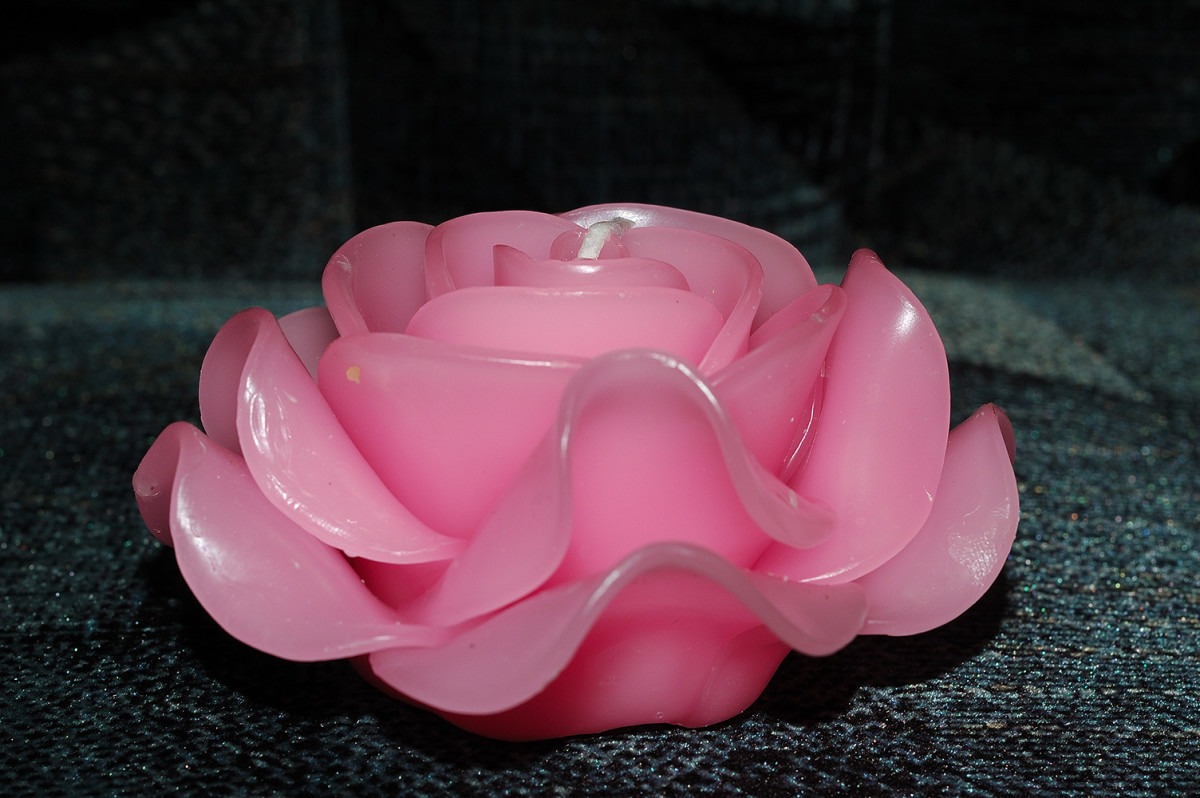How to Make Your Own Rose Oil At Home
Rose oil is one of the most widely used ingredients in perfumery, skincare and therapeutic materials. It dates back to the most ancient of times even before it was made popular by Egypt’s Cleopatra. Rose oil is very good for the skin as it rejuvenates all types of skin, especially the mature and dry skin. It is fast absorbed by the skin making it more effective than synthetic creams. Rose oil is also popularly used in Aromatherapy to reduce stress, fear and even grief plus it also promotes the feeling of serenity. In skincare, in major luxury spa, a rose bath is also very popular. A tub of water, filled with rose petals and infused with rose oil not only gives you scented skin but it also makes the skin feel younger.
All the good benefits of rose oil is not available for everyone though, because of the high price, even perfumers, use this oil sparingly. It takes a huge number of rose petals to be able to produce a single drop of pure rose oil that is why it is very expensive. The ancient and the best process of gathering the roses is also very tedious. The blooms have to be picked at dawn to ensure that they are at their freshest and most fragrant state. There are two kinds of rose oil, the diluted rose oil (this is what we are making, as it is simpler) and the rose absolute. Rose absolutes are a pure form of rose oil, not diluted in any other substance. This can be achieve through steaming and extracting in exact temperature and correct tools
Despite the price of this oil, it is still widely used and ever popular. Now, we can make our own rose oil at home, which will definitely save us serious amount of money.
Making the oil:
Preparation Time:
This method is going to take days and probably weeks to complete but the preparation takes about 10minutes.
What you’ll need:
- Roses (of course! Preferably very fresh, completely dry and in bloom)
- Base oil (will be the base of your scent and will also be used to make it last longer. These oils will work well with our roses: Almond oil, Hazelnut oil, Jojoba Oil Grape seed Oil, Apricot Kirmel Oil, sunflower oil)
- Glass Jar
Preparation:
- Take all the petals and out them all into the jar. Start from the outer petals and make sure that you rip from the base and not cutting the petals in the middle. Just fill the jar with petals
- Pour the oil into the jar. Make sure that most of the petals are covered with the oil.
- Cover the jar and wait. Place it somewhere warm (like windowsills) so that the oil can warm up but not under the direct heat of the sun as the oil may burn the natural scent of the roses.
- Wait for at least 5 days and gently shake from time to time BUT don’t rattle it like a pair of maracas. We only want to make sure that the oil will cover all the petals. And after a week or two, you should have your Rose Oil ready at your disposal
- Once the oil is ready. Use a funnel and transfer the oil into a colored bottle, preferable that with a dropper cap.
If you want to achieve the best result possible, the roses should be picked at dawn, already in full bloom and not buds. You should finish the process within the same day to ensure its freshness. Double check (triple check if you have to) to make sure that the petals are dry before peeling them off. They have to be absolutely dry because if they are wet or even just a bit moist it could make your oil go rancid faster. We want to be able to create oil that will last us at least a year when stored. And make sure that the container will be airtight. When completed, make sure that you place it on a colored bottle (as indicated in step 5) preferably amber so you can still see through it. Oil is very very light sensitive, even if you put it in room temperature if it is still exposed to light (on a clear bottle) it will shorten the lifespan of the fragrance and the affectivity of the rose oil
In five easy steps you have your very own rose oil.









